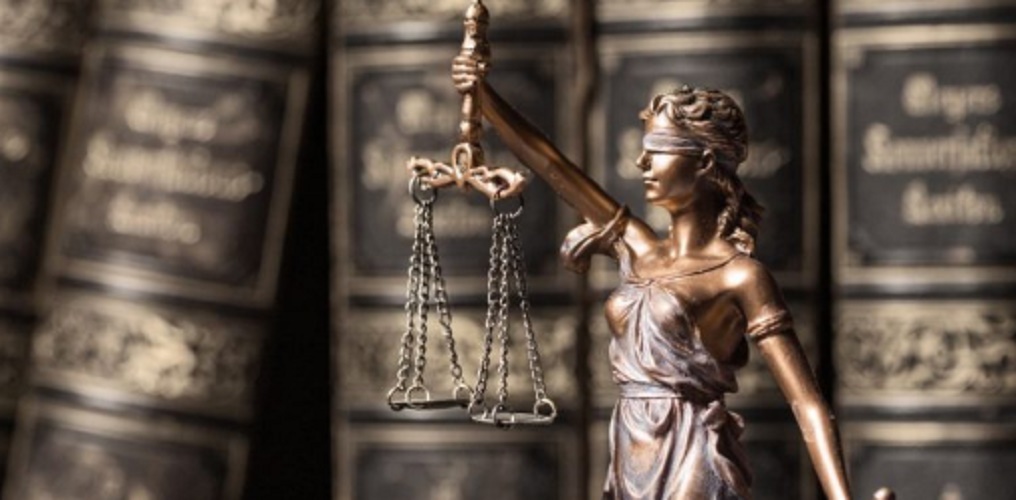What is rule of law?
We explain what is the rule of law and what is its main objective. Also, how was the emergence of the rule of law.
-
What is rule of law?
A rule of law is governed by certain laws and organizations , based on a Constitution, being the guide of the authorities in the legal field . All citizens under this State comply with the norms required by the Constitution, these being presented in written form.
In contrast to what happens in most dictatorships in which the person in charge does what he thinks is without rules or norms that govern his actions, in a rule of law limits and rules are established that organize citizens granting equality of rights. These legal norms are established in writing in the Constitution, are publicly disclosed and were previously voted and approved by representatives of the company .
A rule of law arises when the actions of citizens and the State are based on the pre-established rules and laws . It is then when the power that the State possesses is under the established legal norms that it must comply to have a society organization. Using the power of the Constitution and by the various organs of government , are able to establish between citizens an absolute order, as well as the respect between them.
-
How did the concept Rule of Law?

The doctrine of German origin of the Rechtsstaat is the origin of the concept “Rule of law.” The book ‘Die deutsche Polizeiwissenschaft nach den Grundsätzen des Rechtsstaates’ (in Spanish ‘The science of German politics in accordance with the principles of the rule of law’), was the first to use the term as a rule of law, beyond that many German writers claim that the term was first used in Immanuel Kant’s book .
The term Rule of Law was born as a response to the form of an absolutist State, which was characterized by repressing citizens’ right to freedom , concentrating all power and bad organization and lack of responsibility of the holders thereof. Rule of law refers to a modern legal constitution .
In 1832, Robert Southey, a successful poet of English origin, first used the term constitutionalism, being adopted and used more regularly as a legal expression in recent years. This constitutionalism, according to what is understood, has two main elements, which were understood as the same as the rule of law for several years. One of them is the division of functions in relation to the use of power, and the other is the great importance of the Constitution.
In 1791, the Constitution of France added an article, which became the basis of all free constitutionalism. This article established that if the established rights were not fulfilled nor were they governed in the societies, and in addition the power of the State was not divided, the society did not possess Constitution.
In contrast to the rule of law, totalitarianism emerged in the twentieth century. The rule of law is intended to prevent by law or mandate the control and full expansion of the State (according to Zippelius). Totalitarianism, on the other hand, is characterized by the prohibition of freedoms, whether public or personal, including the impediment of the divisions of state power and the participation of bodies that carry out said tasks of the State. Also, totalitarianism prohibits deliberation by representatives and freedom of expression . Beyond all these prohibitions and impediments, totalitarianism tried to impose itself legitimately through various legal tools.
The fascism , the socialist country and the Falange, sought to be represented by a set of rules that order and cape he did not become a formal system. This is not the case of communism and corporatism, since the latter have developed a complete and formally constitutional system.
The dictator Hitler was ruling with the support of the Authorization Act of 1933, which allowed him to exercise under his will. Under this law, Hitler established as a law several racist norms , such as that of Nuremberg in 1935.
In 1848 the legal validity of the Albertino Statute remained in Italy, the power of Mussolini being consolidated by several different norms. At the same time, the integration of the Great Council of Fascism was achieved, whose maximum contribution to the history of the rule of law was the Acervo Act in 1923, which postulated a “governance clause.” This means that the party that benefited most in the popular elections was the one that was going to have a majority of representatives in parliament. Mussolini was delegated with several powers that allowed him to govern. As the first decision in command, he decided to integrate in 1926 the Special Court for the Defense of the State.
Thus, having a Constitution (of a formal nature) was considered a sufficient fact to call a government a rule of law.




